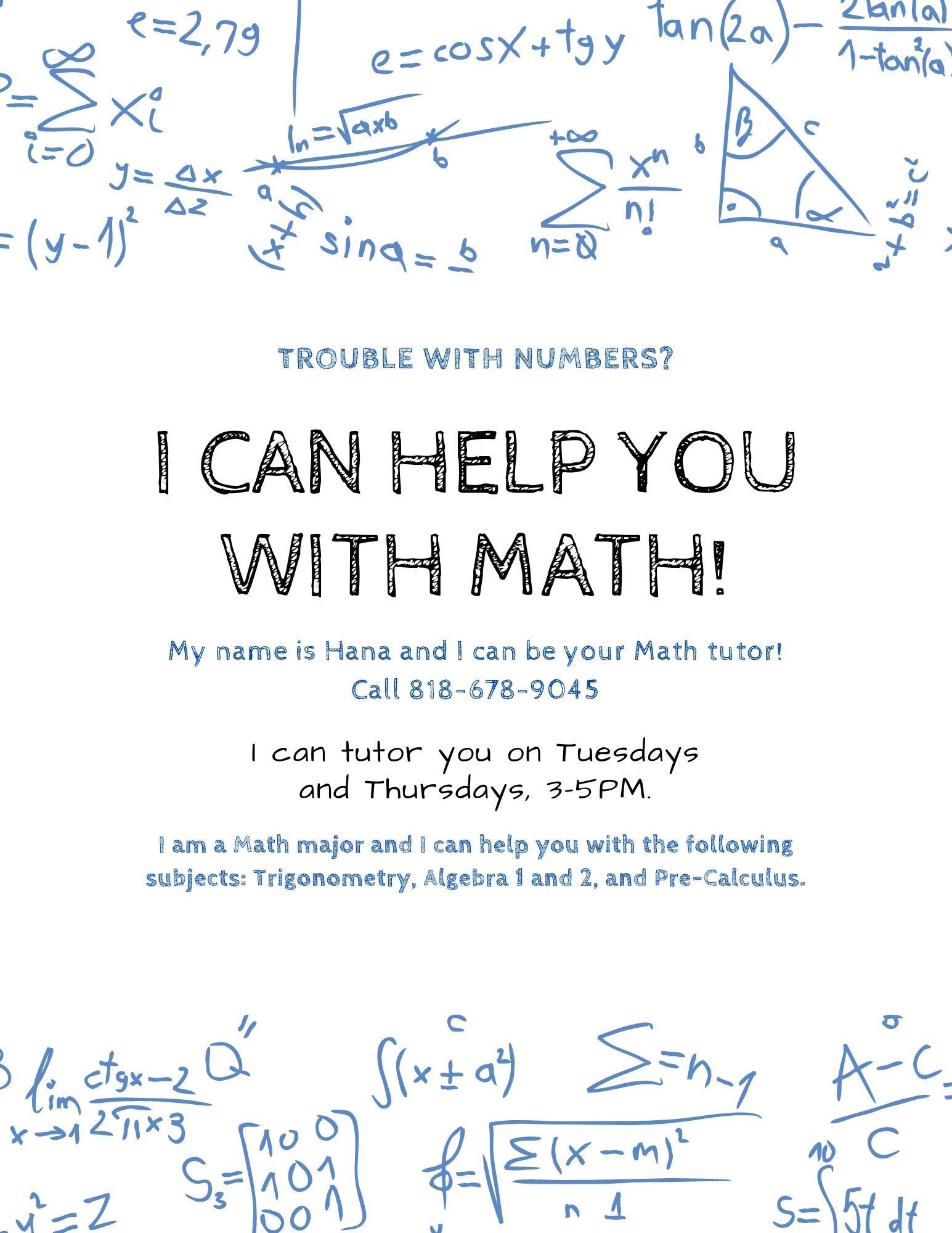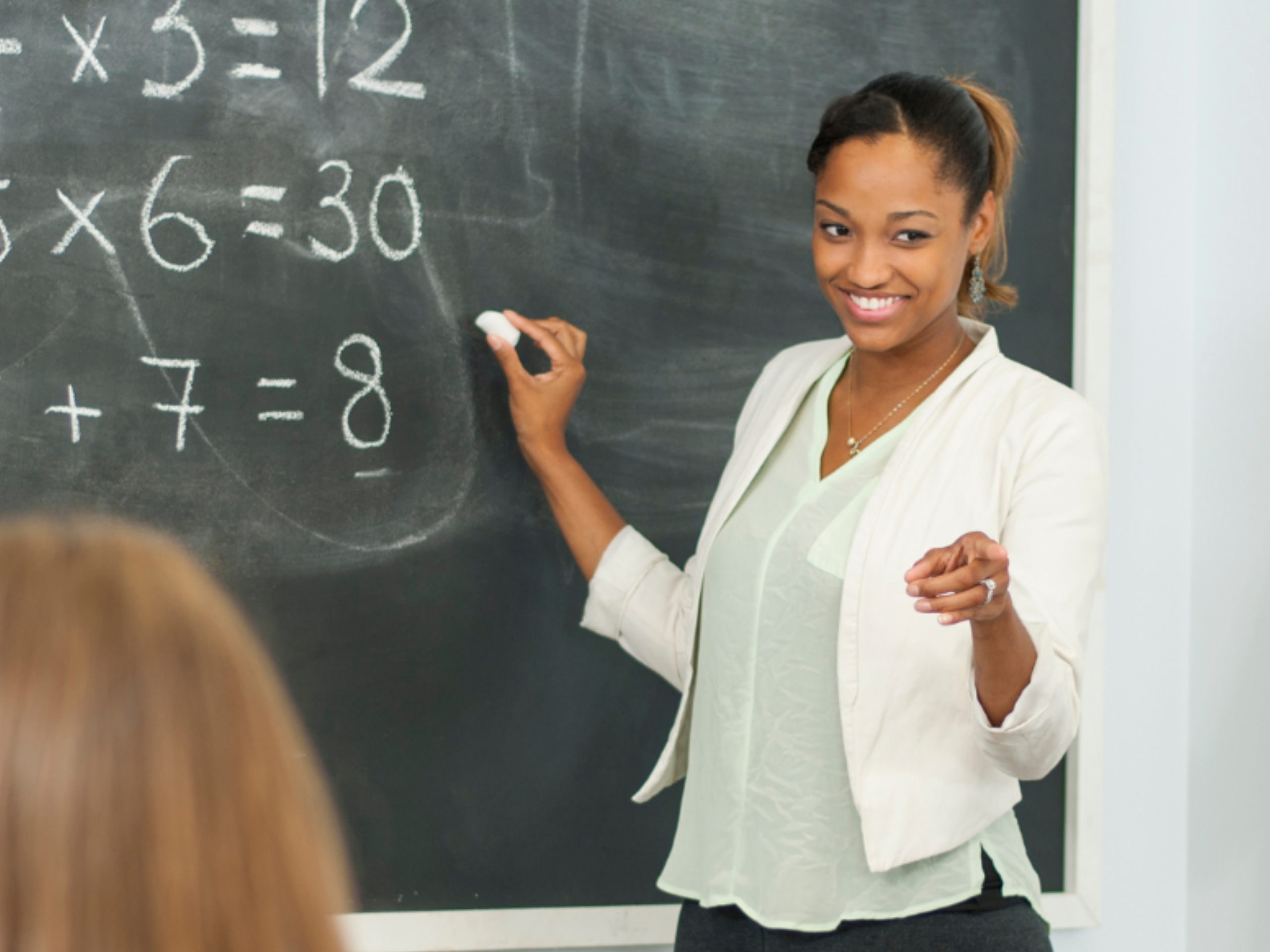The Role of Pupil Success Stories in Highlighting the Advantages of Russian Math for Learners
Trainee success tales offer as compelling proof of the benefits used by Russian math education and learning. These stories typically highlight how organized techniques result in considerable renovations in analytic capabilities and critical reasoning. Ivan's exemplary abilities and Maria's improvement from battling student to competition winner exhibit this influence. Such accomplishments raise concerns about the broader effects of these experiences. What can be picked up from these stories, and how might they influence future learners?
Understanding the Structures of Russian Math
Although commonly shrouded in complexity, the structures of Russian maths are rooted in a distinct academic ideology that emphasizes essential and analytical reasoning. This method prioritizes deep understanding over rote memorization, urging pupils to engage with mathematical ideas proactively. The curriculum is structured to foster logical abilities, commonly integrating theoretical principles with practical applications. Teachers play a vital function, utilizing techniques that challenge pupils to explore numerous analytic approaches and team up with peers.Central to this academic version are rigorous standards and a strong focus on logical thinking, which grows strength and versatility among students. The concentrate on foundational principles allows pupils to construct a solid mathematical structure, furnishing them with devices to deal with complex issues. This extensive training not only prepares trainees for sophisticated study in mathematics however additionally imparts a lifelong appreciation for the self-control, shaping their capability to think critically in diverse contexts.
Highlighting Private Success Stories
Success stories in Russian maths commonly exemplify the performance of the country's extensive instructional structure. A young student called Ivan showcased remarkable analytical skills after participating in a regional Russian math program (Student Success Stories). His capability to deal with complicated mathematical concepts at a very early age drew the attention of instructors and peers alike. Maria, an additional trainee, progressed from struggling with fundamental arithmetic to winning regional mathematics competitors within a year, highlighting the transformative potential of this instructional approach.These individual narratives serve as effective testimonies to the benefits of Russian math, highlighting exactly how organized approaches and a deep focus on foundational abilities can lead to substantial academic achievements. The experiences of pupils like Ivan and Maria not only influence their peers but also enhance the value of a durable mathematical education. Their success stories resonate with parents seeking effective learning paths for their children, further advertising the charm of Russian mathematics
The Effect of Conceptual Recognizing on Understanding
When pupils develop a strong conceptual understanding of maths, they are much better furnished to use their knowledge to address complicated problems. This understanding offers as a foundation that enables students to make links in between various mathematical concepts, promoting deeper cognitive interaction. In Russian math programs, emphasis on theoretical learning supports a frame of mind that values understanding over rote memorization. Students are urged to check out underlying concepts, which improves their ability to reason and believe seriously. This approach not only aids retention however additionally equips students to adjust their expertise to novel circumstances. Furthermore, a solid theoretical grasp of maths can lead to increased self-confidence, as students locate themselves with the ability of taking on challenging product. As they identify the partnerships between ideas, they end up being more adept at describing their assumed processes, better solidifying their understanding. Inevitably, a concentrate on theoretical understanding in maths education significantly enhances the overall learning experience for trainees.
Enhancing Problem-Solving Skills Via Real-Life Applications

Structure Confidence and Resilience in Pupils
Confidence and durability are essential characteristics that encourage pupils to navigate the obstacles of learning mathematics. The Russian Math technique stresses analytic and crucial thinking, promoting a favorable knowing environment where students are motivated to deal with difficult concepts. As they engage with complex troubles, learners create a sense of success that improves their self-esteem. Effective conclusion of difficult jobs reinforces their belief in their capabilities, making them much more ready to take risks in future mathematical endeavors.Moreover, the repetitive nature of Russian Math urges determination. They are shown to check out these moments as opportunities for development rather than failures when students encounter setbacks. This attitude grows resilience, enabling them to recover and continue seeking understanding. By refining these attributes, pupils not only master mathematics yet also acquire valuable life skills, preparing them for challenges beyond the classroom.
Comparing Standard Math Methods With Russian Math

Showing Method Differences
Lots of instructors identify considerable distinctions in between traditional math mentor techniques and the Russian technique, which emphasizes conceptual understanding and problem-solving. Conventional approaches typically concentrate on rote memorization and step-by-step jobs, prioritizing fast calculations over deep comprehension. In contrast, Russian math urges pupils to discover mathematical concepts with a range of methods, cultivating essential reasoning and creative thinking. This technique regularly includes collaborative learning, where pupils interact to review concepts and services. In addition, Russian mathematics integrates real-world applications, making mathematical principles more engaging and relatable for learners. These differences highlight the distinct staminas of the Russian technique, which aims not just to teach mathematics skills however additionally to establish a strong mathematical frame of mind that can be applied across various contexts.
Problem-Solving Approaches
While conventional mathematics methods commonly highlight step-by-step procedures to get to remedies, Russian math prioritizes an extra alternative strategy to problem-solving. This approach encourages pupils to explore several strategies, promoting creativity and Learn More Here vital thinking. In typical setups, trainees may depend greatly on memorization and procedural knowledge, often leading to a slim understanding of concepts. Alternatively, Russian math promotes deep understanding, allowing learners to attach mathematical principles to real-world applications. By offering problems in different contexts, Russian mathematics challenges students to believe outside package and establish flexible thinking abilities. This divergence in methods not only improves problem-solving abilities yet likewise constructs strength in students, outfitting them to take on intricate difficulties with confidence and technology.
Urging a Lifelong Love for Knowing in Mathematics
Mathematics usually evokes anxiousness in pupils, fostering an authentic interest for the topic can transform their instructional experience. The Russian Mathematics approach stresses understanding concepts instead of memorizing memorization, encouraging curiosity and exploration. By engaging pupils in tough yet fulfilling problem-solving tasks, they establish a much deeper appreciation for mathematics as a dynamic field.Success stories from students show how this technique nurtures an interest for learning, leading to an extra profound link with mathematical concepts. These narratives highlight the significance of perseverance and creative thinking, showing that math is not simply a subject yet a device for important reasoning and real-world application.As students encounter and get rid of difficulties, they construct strength, strengthening the idea that discovering is a lifelong journey. This perspective inspires them to seek more research studies in mathematics and associated fields, ultimately cultivating a generation of passionate, positive mathematicians.
Often Asked Questions
What Age Team Benefits Many From Russian Mathematics Programs?
The age team that benefits most from Russian mathematics programs normally ranges from early primary to intermediate school. This duration fosters essential thinking and analytic skills, important for understanding innovative mathematical principles in subsequent educational stages.
How Can Moms And Dads Assistance Their Kid in Russian Mathematics?
Parents can sustain their kids in Russian mathematics by supplying a helpful understanding setting, encouraging consistent practice, involving with instructors for understandings, cultivating a favorable perspective in the direction of challenges, and commemorating success to increase self-confidence and motivation.
Exist Online Resources for Russian Mathematics Learners?
Many on-line sources exist for Russian mathematics learners, including interactive systems, educational videos, and forums. These devices improve understanding and involvement, offering pupils with varied learning opportunities to strengthen their mathematical abilities properly.
What Credentials Do Russian Math Instructors Normally Have?
Usually, Russian mathematics instructors possess sophisticated levels in mathematics or education and learning. Lots of have considerable teaching experience and are educated in particular techniques that stress analytical, crucial thinking, and a deep understanding of mathematical concepts.
Just How Does Russian Math Accommodate Different Knowing Styles?
Russian math accommodates various understanding designs via diverse teaching techniques, cultivating logical thinking and analytical abilities. Teachers make use of visual aids, hands-on activities, and collaborative workouts, guaranteeing students involve with mathematical ideas in manner ins which reverberate with their individual preferences. A young trainee called Ivan showcased exceptional analytic abilities after participating in a regional Russian math program. Maria, one more pupil, proceeded from battling with standard arithmetic to winning local mathematics competitors within a year, highlighting the transformative capacity of this educational approach.These individual narratives offer as effective testimonies to the advantages of Russian math, highlighting exactly how organized approaches and a deep emphasis on foundational abilities can lead to considerable academic success. The Russian Math technique stresses problem-solving and crucial reasoning, cultivating a favorable learning setting where students are urged to tackle difficult concepts. In comparison, Russian math encourages pupils to check out mathematical principles through a range of strategies, fostering important reasoning and imagination. By providing troubles in different contexts, Russian math published here obstacles pupils to think outside the box and develop adaptive reasoning skills.
Comments on “Student Success Stories and Their Role in Modern Tutoring Strategies”